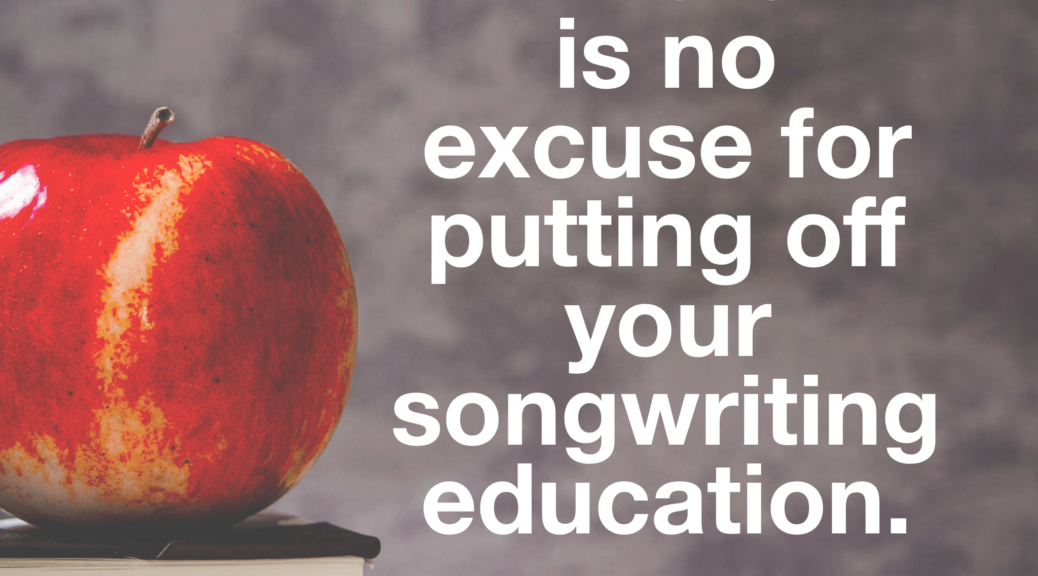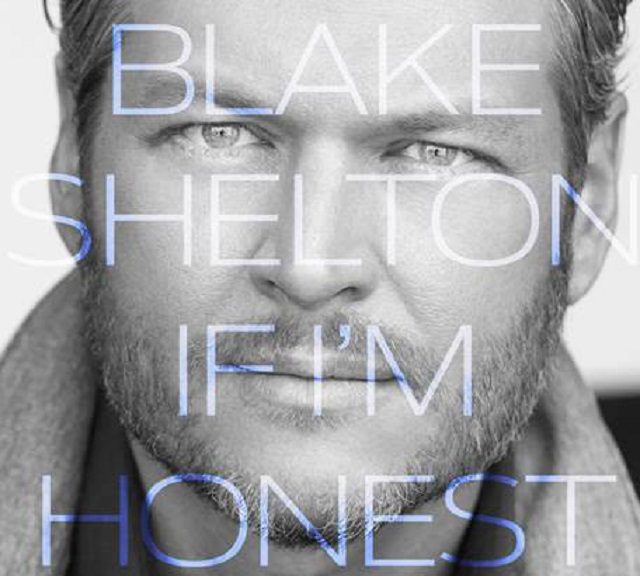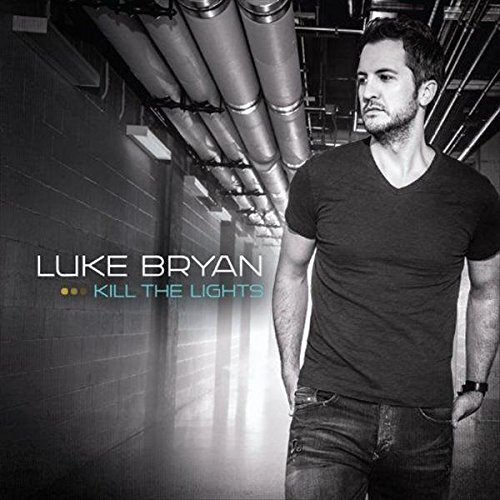If the listener doesn’t believe your lyrics, they’re never going to fall in love with your song. There will always be an emotional disconnect.
So how do you make your song more believable- and more powerful (and profitable) as a result? Read on.
________________________________
To BE a pro, you need to THINK like a pro, and this FREE ebook will help transform your thinking, your songwriting, and your success. Get it today!
_________________________________
Here’s the deal. Believability matters. It’s huge. If the listener has the feeling the whole time that your song is just “something somebody made up,” they will have a harder time connecting with your song emotionally.
And if your song doesn’t connect emotionally to the listener, the listener won’t connect financially with you.

The trick is to put small, not-obvious details into your lyrics. Only, it’s not a trick. It’s craft.
There is power in finding images that go deeper than the obvious or cliche images.
I had a publisher tell me once, “write about the truck from the INSIDE THE CAB, not from the OUTSIDE.”
Too many writers (and I was obviously guilty of this) write about “the truck”- the situation in the song- from the outside. They describe it using imagery and details that could be used by anyone who isn’t actually IN that situation. Those are the obvious details. And, usually, the obvious details are the cliche’ details.
Our job is to dig deeper.
We need to use our memory, our imagination, research, and whatever we have at our disposal (including our cowriters), to write from the inside of the truck. Here are a few current examples from hit country songs.
“Written In The Stars” by Old Dominion
(written by Brad Tursi / Matt Ramsey / Shane McAnally / Trevor Rosen)
The song is about a guy wondering and asking a girl where their relationship stands. Is it a temporary fling, or the love of a lifetime? This girl seems to be playing games with his emotions, and he needs an answer. There’s a great line in the first verse:
“I see those bubbles pop up like you’re texting then they disappear.”
What a great, small believable image! It’s great because it’s fresh (I don’t think I’ve ever seen it in a song before), but it’s also believable (I’ve definitely seen it in real life). And it speaks right to the situation- how she’s seemingly playing games with him. Killer line.
“Are we names in a tattoo, or just a number on a hand?”
Another great line. The “number on a hand” image is great because it’s also small, believable, and speaks to the issue. It’s a great way of showing – SHOWING – that the relationship is temporary. It washes right off. And this is even stronger when set against a name in a tattoo, which (while also written on the skin) is permanent and shows a serious relationship.

“Round Here Buzz” by Eric Church
(written by Eric Church / Jeff Hyde / Luke Dick)
This song is about a guy who’s staying put in this small town, drinking and thinking about the girl that left for the big city. The first verse kicks off like this:
“Another Friday night – There’s a line of cars leaving – Home team’s got an out of towner.”
This does a great jog of letting the listener know it’s a small town. It’s Friday night football, and the town only has one team. And the hometown fans leaving for it makes a noticeable change in traffic. It also starts to set up the theme by having other people leave town while he’s staying right where he is, drinking.
Isn’t that so much more believable and interesting than just saying, “I’m here in this small town?” Here’s another great detail:
“No, Scotty’s ain’t got no vibe
Got no gas in his neon light”
What a great way of saying this small town bar is run down. “No vibe” is a more current way of saying it. (But in this small town, there probably aren’t many options.) And instead of just saying Scotty’s is run down, they point out how there’s no gas in his neon light.
What a great way of putting a twist on the same old country song bar scene. It’s so specific yet believable that I… believe it. Go figure.

Use inside details, but be sure and use details that make sense to the listener. Be inside but not too inside. In our truck analogy, write from inside the cab, which people can understand. Don’t write from so far inside the truck that you’re in the carburetor and only a mechanic knows what you’re talking about.
The examples above are inside, but accessible. We’ve probably all seen those text bubbles. We’ve either had a name and number written on our hand, or we seen it done. If you’re from a small town (the bread and butter of the country market), you know how football rules. And even if we don’t know neon lights need gas, we at least see a neon light that isn’t lit up and know he’s in a bar.
Less obvious, yet still understandable, details strengthen your lyrics.
Also, keep the images relevant. They should add to our understanding of the characters or story, not just be filler. In the examples above, all those images speak right to the theme of the song. They aren’t extra little images thrown in simply because they’re cool. They serve a bigger purpose than just putting a picture in our minds.
Great details often serve more than one purpose.
They put a cool, memorable, fresh or compelling image in our minds. They also set up or reinforce the theme of the song.
So next time you write, take your time. Close your eyes and imagine the situation. Then climb into the truck.
What are some other songs that do a good job of writing from inside the “truck?” Do you find that this comes naturally to you, or is it a struggle?
Knowing – and APPLYING – simple concepts like this is how you write stronger songs. It’s how you write market-smart songs: songs that have a competitive advantage in the market.
If you want to learn more about how to write songs that will get you noticed in the music business, I have a great opportunity for you.
Every Monday night in April, I’m hosting The C4 Experience. It’s an exclusive, live online event where I help 10 writers like YOU create explosive growth in your commercial songwriting. I want you to win, and I’m going to help you write songs that artists want to sing, radio wants to play and fans want to hear.
CLICK HERE TO GET ALL THE DETAILS AND RESERVE YOUR SPOT IN THIS EXCLUSIVE EVENT!
God Bless and Enjoy the Journey,
Brent
Brent Baxter is a hit songwriter with cuts by Alan Jackson, Randy Travis, Lady Antebellum, Joe Nichols, Gord Bamford, Ruthie Collins, Ray Stevens and more. He’s written a top 5 hit in the US, a #1 in Canada, and a top 10 in Texas. His songs appear on 5 industry-certified gold & platinum albums & singles… so far. He also hosts a top-rated songwriting and music business podcast called, “The C.L.I.M.B.” which can be found on iTunes or your favorite podcast app.
















